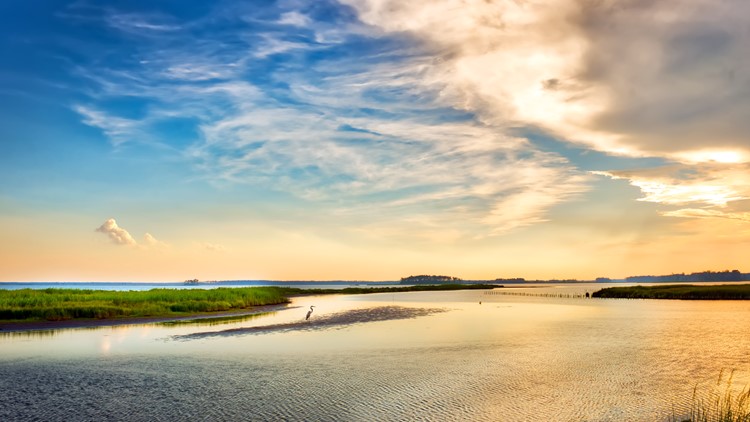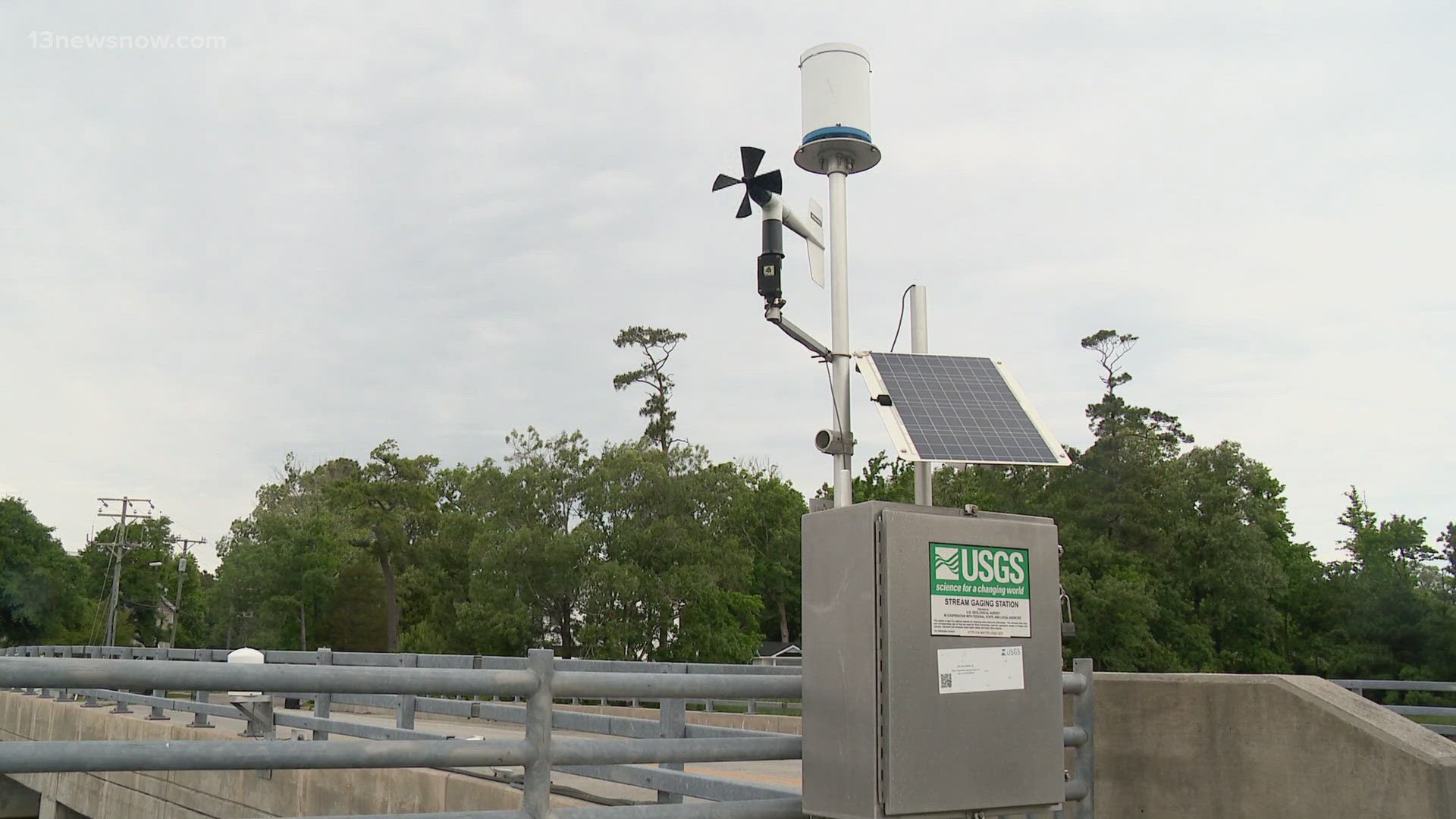VIRGINIA, USA — In an effort to protect wildlife habitats, the Chesapeake Bay watershed has been awarded $7.4 million through multiple grants to help improve the rivers, trails, and forests for the thousands of plants and animals living in the estuary.
The U.S. Fish and Wildlife Service (FWS) and the National Fish and Wildlife Foundation (NFWF) on Monday announced the funding would come from 25 grants that generated more than $12 million in grantee matching funds, totaling $19.4 million in total conservation impact.
RELATED: Chesapeake Bay's 'dead zone' predicted to be more than 30% smaller than the long-term average
“This partner-driven program prioritizes projects that are led by communities and that respond to climate change,” said Service Director Martha Williams. “The work done through these funded projects helps ensure we achieve meaningful and lasting outcomes for all watershed residents now and in the future.”
The grants are intended to support the Chesapeake Watershed Investments in Landscape Defense (WILD) Program, specifically conservation projects targeting vulnerable communities.
"The awards announced today will ultimately improve recreational access along more than 31 miles of river and trails, restore more than 32 riparian miles of forest habitat, improve passage along nearly 120 river miles for migratory fish species, and protect more than 4,700 acres of fish and wildlife habitat, including 2,000 acres of key wildlife corridors in high-elevation areas that will allow species to shift habitats in response to climate change," according to a release.
Officials said the Chesapeake WILD Program aims to conserve and restore imperiled fish and wildlife habitats, enhance climate resilience and readiness, build community partnership and conservation capacity, increase equitable public access, and improve water quality.
“The Chesapeake WILD program adds critical new resources, agency support, and technical assistance investments for habitat restoration and protection, public access, and community engagement activities across the Chesapeake Bay watershed,” said Jeff Trandahl, executive director and chief executive officer of the NFWF.
In August, several Virginia congress members signed a bill — the Chesapeake Bay Conservation Acceleration Act of 2023 — to direct federal resources to help tens of thousands of farms in the Chesapeake Bay watershed and support conservation efforts.
The bill includes $75 million over four fiscal years to support farmer conservation practices, forest buffer programs to limit runoff pollution, workforce development grants to expand conservation technical assistance, and expanded oversight of invasive catfish.



